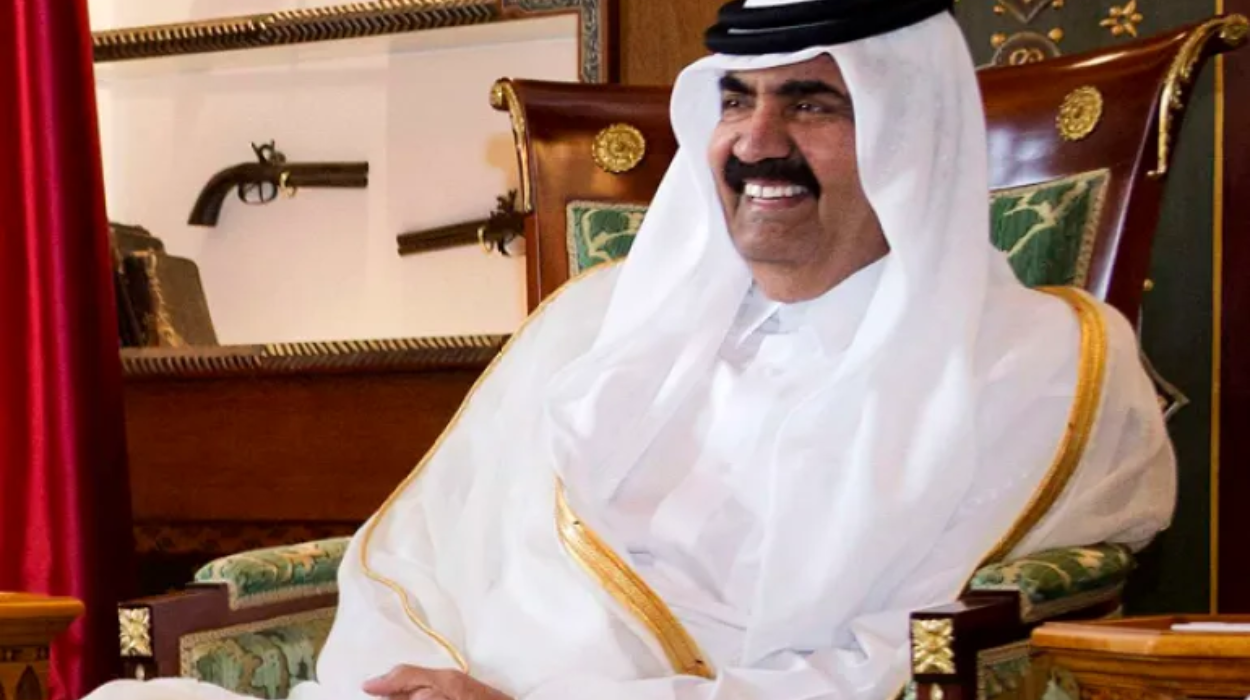Offshore finance and tax havens have long facilitated the discreet management of wealth for elites across the globe. These jurisdictions provide legal structures that enable asset protection, tax efficiency, and privacy, though they are often criticized for enabling financial secrecy and undermining public accountability. A striking example is Hamad bin Khalifa Al Thani, the former Emir of Qatar, whose name appears prominently in the International Consortium of Investigative Journalists (ICIJ) Offshore Leaks “Power Players” database. While his reign expanded Qatar’s political and economic clout, his extensive use of offshore companies highlights broader concerns over hidden wealth, the role of elites in global finance, and the challenges of fostering transparency in an interconnected world.
Understanding Offshore Finance and Tax Havens
Offshore finance involves establishing corporations, trusts, or accounts in jurisdictions with favorable tax laws, high levels of confidentiality, and minimal regulatory burdens. Tax havens such as the British Virgin Islands, Luxembourg, and the Cayman Islands offer frameworks that facilitate complex financial arrangements, often shielding beneficial owners from public scrutiny. While these structures serve legitimate purposes like cross-border investment and estate planning they also have been exploited for tax avoidance, money laundering, and hiding ill-gotten gains, creating significant challenges for global financial integrity.
Hamad bin Khalifa Al Thani and Offshore Wealth
The ICIJ Offshore Leaks database reveals that shortly after abdicating in 2013, Hamad bin Khalifa Al Thani engaged in acquiring multiple offshore companies. In March 2014, a Luxembourg lawyer representing him contacted Mossack Fonseca a global leader in creating shell entities to purchase an off-the-shelf company in the British Virgin Islands, Afrodille S.A. This company held bank accounts in Luxembourg and shares in South African companies, representing an international financial footprint.
Furthermore, Al Thani held majority ownership in additional entities, including Rienne S.A. and Yalis S.A., both connected with significant term deposits at the Bank of China in Luxembourg. Notably, a substantial minority share in these companies was held by Sheikh Hamad bin Jassim Al Thani, Qatar’s former prime minister and foreign minister, indicating interconnected elite ownership networks.
The statistics are striking offshore data links Al Thani to a web of companies controlling vast financial resources dispersed globally while providing layers of anonymity and asset protection. These facts underscore the challenge of tracing ultimate beneficial ownership and raise questions about the governance and ethical implications surrounding such secretive wealth management.
Wealth, Power, and Public Accountability
Al Thani’s offshore holdings highlight the inherent tension between private wealth accumulation by political elites and the principles of transparency and accountability expected in governance. Qatar’s rapid economic development during Al Thani’s rule, fueled by natural gas exports and global investments, bolstered the ruling family’s immense wealth and influence. Yet, the concealment of assets offshore complicates public understanding of how this wealth is managed and whether it serves public interests or private enrichment.
Offshore financial secrecy obstructs regulators, journalists, and civil society from accessing information critical for combating corruption, tax evasion, and illicit financial flows. The opacity facilitated by shell companies and trusts undermines trust in financial systems and governmental institutions.
Critical Perspectives and Global Implications
While it is legally permissible to use offshore jurisdictions, the scale and complexity of Al Thani’s offshore network reflect a broader pattern among wealthy elites leveraging legal loopholes to evade full scrutiny. This raises ethical questions about fairness in the global financial system, especially as ordinary citizens and smaller enterprises face progressive taxation and stringent reporting obligations.
International efforts, including those by the Financial Action Task Force (FATF), the Organisation for Economic Co-operation and Development (OECD), and the United Nations, aim to enhance transparency and enforce regulations combating financial crimes. However, powerful actors with access to offshore expertise continue to exploit gaps in enforcement.
The case of Hamad bin Khalifa Al Thani exemplifies the complexities of offshore finance at the intersection of power, wealth, and secrecy. His extensive use of offshore companies reflects practices widespread among global elites seeking privacy and financial advantage, often at odds with transparency and accountability. This reality challenges policymakers and civil society to promote reforms that balance legitimate financial privacy with the imperative to curb illicit activities and ensure equitable governance. The Al Thani case is a potent reminder of the critical need to foster global financial integrity in the face of concentrated wealth and power.


